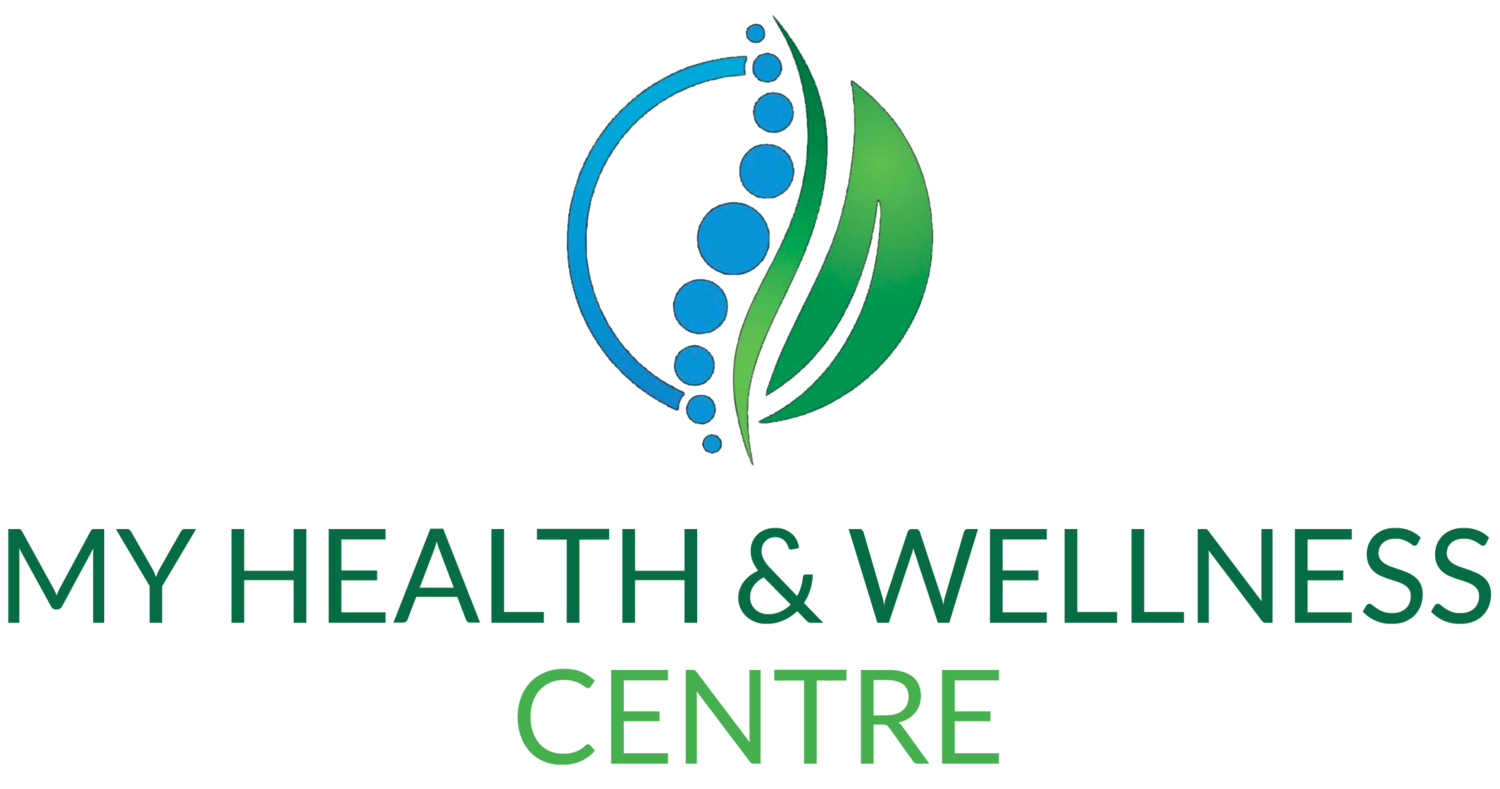What is an Osteopath ?
An Osteopath is an Allied Health professional who is involved in the treatment of the musculoskeletal system. Osteopaths believe that the body can heal itself in the right combination of manual techniques such as massage and the manipulation of muscles, joints, ligaments and tendons are used to bring the body back to a cohesive whole.
Do I need a referral from my GP ?
No, you can make an appointment directly without a referral. (If you're savvy - you can even book online with us) If you have been diagnosed with a chronic medical condition and require complex care, you may be eligible for Chronic Disease Management (CDM) or Enhanced Primary Care (EPC) assistance. Your GP must complete a special referral form to refer you to an Osteopath for treatment.
What do I need to bring to my appointment ?
Bring along any x-rays, scans or test that you may have that are relevant.
Should I arrive early for my appointment ?
Yes, you should arrive early for your first appointment as you will need to fill our initial paperwork.
Why am I asked to complete paperwork ?
Your Osteopath will need to record your medical history to assist in discussing treatment options. Under the law, an Osteopath need to obtain your approval to treat you, so you may be asked to sign an 'informed consent' form.
What happens at my first consultation ?
Your Osteopath will ask you about your problem and symptoms. This will include your medical history, any medications you are taking or other factors that may not appear to be directly related to your problem.
Your Osteopath with conduct an examination and clinical tests. These include diagnostic, orthopaedic or neurological tests, postural assessments and activities or exercises, which determine how best to manage your condition. the examination may include passive and active movements.
Osteopathy takes a whole body approach to treatment. Your Osteopath may look at the area that is troubling your as well as other parts of your body. For example, if you have a sore knee, your Osteopath may also look at your ankle, pelvis and back.
Your Osteopath may also provide education and advice to help you manage your condition between treatments. It is important to tell your Osteopath if your medical condition changes over time. This includes any new injuries or change of medications.
Is Osteopathic treatment painful ?
Most osteopathic treatment is manual therapy and should not cause undue discomfort. If your injuries do require hands-on treatment of painful and tender areas, your Osteopath will aim to make you as comfortable as possible. Ther are techniques which may cause some short term discomfort or pain.
You may experience mild soreness for a day or two after treatment, similar to that fel after mild exercise. If this soreness persists or increases significantly, call you Osteopath to discuss your concerns.
How many appointments will I need ?
This depends on your condition. Generally, you would expect to see some changes in your symptoms after one or two visits. Long term or chronic conditions may require more treatment. Your Osteopath will discuss this with you.
Are there additional investigations or treatments ?
Following treatment, your Osteopath may decide that additional investigations such as X-ray, scans or blood tests are required. Your Osteopath may also refer you to another health professional for further advice.
Should I see an Osteopath if I am pregnant ?
Osteopaths may assist pregnant women by helping to reduce back pain as well as readying the body for childbirth. Osteopathy is also very helpful in fertility and preparing the body for becoming pregnant by balancing the pelvis and clearing any congestion.

